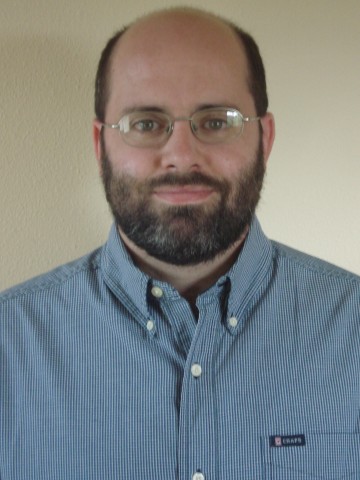
Wichita State University
The newest Senate Republican attempt to repeal and replace the Affordable Care Act will cut government funding for health care, give states responsibility for spending that smaller amount, and hope that states will figure out how to deliver better results at lower prices.
The record of Kansas state government during the Brownback tax cut “experiment” of the past five years is a cautionary tale for those hoping states will deliver us from our current national health care difficulties.
The Graham-Cassidy bill that is progressing toward a vote before the Sep. 30 budget deadline, along with shifting Medicaid funding between states and relaxing federal regulations on health insurers, converts Medicaid into a block grant by state. Combined with changes in the formula for calculating Medicaid spending, the long-term effect will be to give states more responsibility for the health care of their citizens, with dramatically less money.
The bill’s supporters claim that states will find new and improved ways to deliver health care if given control of the new, cheaper version of Medicaid. Knowledge of local conditions, combined with a push provided by reduced funding, would then lead to better care at lower prices.
While Republicans in Washington are considering this approach to cut federal health care spending, Kansas conservative Republicans created a similar situation as the result of massive cuts to corporate and individual income taxes in 2012 and 2013.
This reduction in state revenue forced state agencies and local public schools to attempt to “do more with less,” and find efficiencies and innovative policies that would deliver better outcomes at lower costs.
Did Kansas state government succeed in this attempt? The voters of Kansas certainly don’t think so. They replaced dozens of Brownback-supporting state legislators with moderate Republicans and Democrats. Public schools are just now recovering from the Topeka-initiated budget cuts, and state government continues to be unable to perform basic functions like maintain computer interfaces for social services and maintain order at prisons.
If merely cutting funding doesn’t motivate states to deliver better services, then possibly shifting Medicaid responsibility from the federal government to states might help. But this argument ignores the fact that state governments and the federal governments are run by the same class of Republican and Democratic politicians.
We can see this in our recent Kansas Governors, all of whom have served in Washington. Sam Brownback served in the U.S. House and Senate. Kathleen Sebelius moved from the governorship to being Obama’s first Secretary of Health and Human Services. Mark Parkinson now advocates in Washington for nursing homes and their residents.
If there is a fundamental problem with the people we elect in Washington, then the same problem exists in Topeka or Oklahoma City or Boston.
The Graham Cassidy bill is bad for the country because it will lead to millions of people losing their health insurance. There is no magic solution to be found in state capitals to make the hard choices go away. Making long-term cuts in Medicaid spending and shifting more responsibility to the states is merely a means of U.S. Senators and House members avoiding making the hard choices themselves.
We have seen the effects of this kind of reform here in Kansas with the Brownback tax cut experiment over the last five years, and the effects on state services do not give reason for hope for states to save us from hard choices on health care.
Neal Allen, Ph.D., is an Associate Professor of Political Science at Wichita State University.
